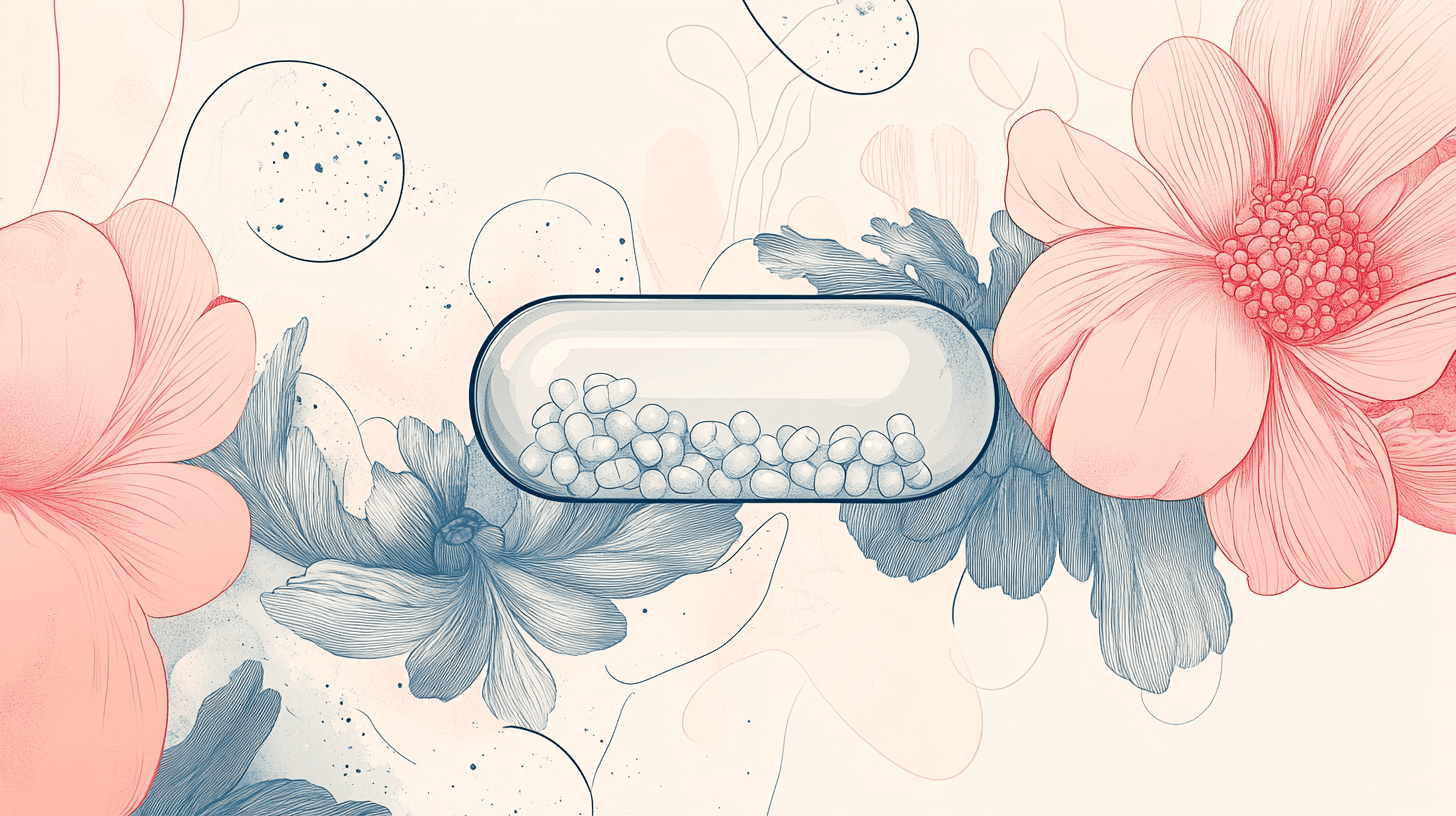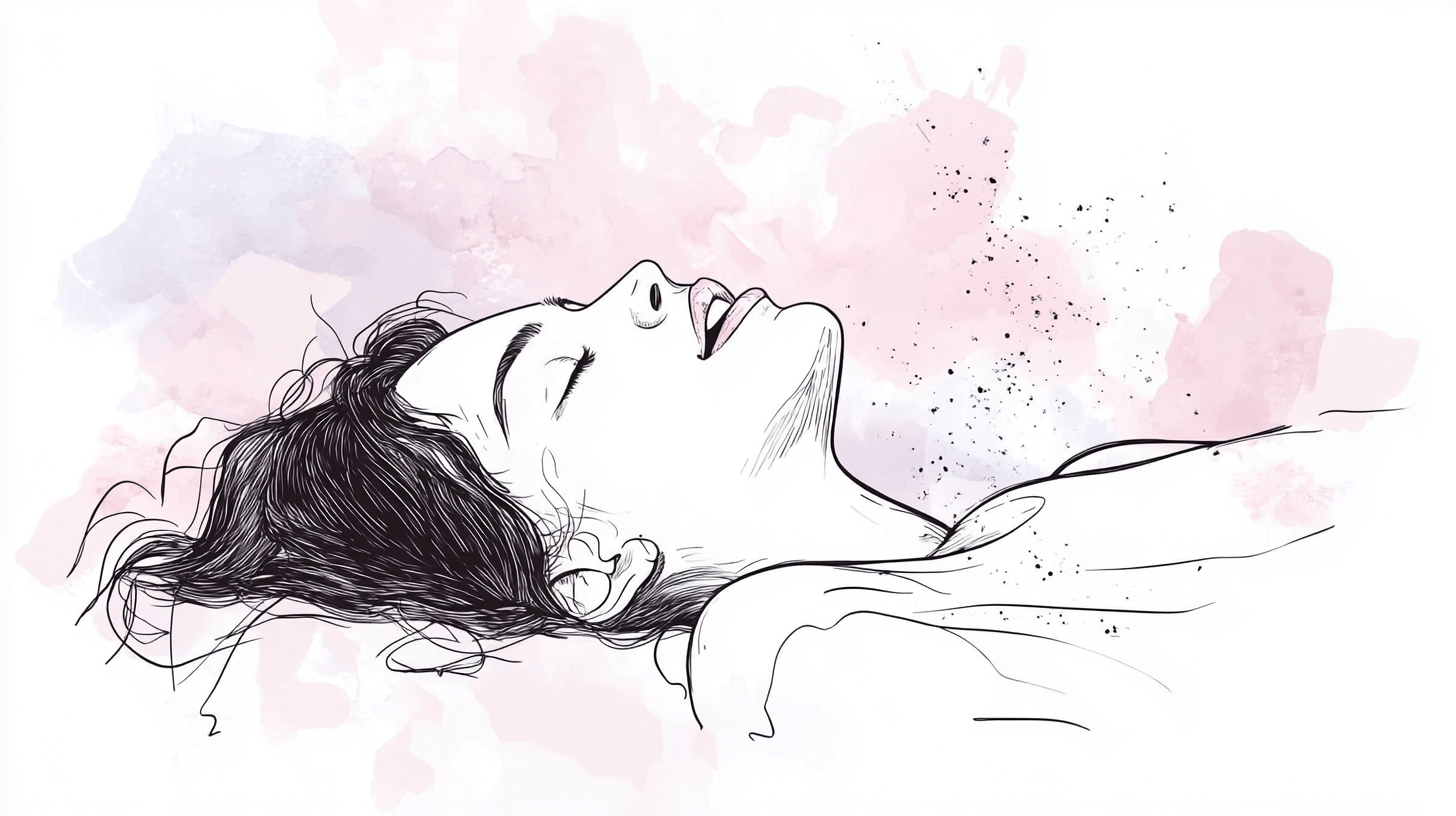There are many reasons why you might need to take antibiotics—after surgery or to treat an illness unrelated to your vaginal health. However, it’s important to know that antibiotics can disrupt your body’s microbiome. When this affects your vaginal flora, it can lead to yeast infections.
These infections can be frustrating, and many women are unsure how to prevent them. In this article, we’ll discuss how antibiotics can lead to yeast infections and share simple steps to protect yourself.
How Antibiotics Affect Your Natural Cleaning Mechanism
Antibiotics are essential medications that help your body fight infections by preventing bacteria from thriving. However, they affect both harmful and beneficial bacteria.
When antibiotics kill off the good bacteria in your vaginal flora, it can lead to side effects such as yeast infections. Why does this happen?
Antibiotics don’t always distinguish between harmful bacteria and the good bacteria in your body, including those that support vaginal health. When beneficial bacteria are wiped out, your body is left vulnerable to imbalances that can cause yeast infections.
How Antibiotics Start Yeast Infections
Why do antibiotics, which are meant to stop infections, sometimes cause them? Most antibiotics are broad-spectrum, meaning they target various types of bacteria, including those in your vagina.
After the antibiotics have done their job, good bacteria are supposed to recolonize quickly. But when they don’t return fast enough, you become more susceptible to conditions like yeast infections and bacterial vaginosis (BV).
Symptoms to Watch Out For
When taking antibiotics, be mindful of potential side effects. If you notice symptoms such as itching, burning, unusual discharge, or a fishy odor, contact your healthcare provider. These can be signs of yeast infections or BV, and your physician can advise you on whether to stop treatment or offer alternative solutions.
It’s important to address these symptoms as soon as they arise, as they can be uncomfortable and alarming.
How to Take Medications You Need and Protect Yourself From Side Effects
While antibiotics are sometimes necessary, you don’t have to endure the side effects without support. Here’s how you can protect your vaginal health:
- Ask your doctor about narrow-spectrum antibiotics, which target only the harmful bacteria, leaving your good bacteria intact.
- Only take antibiotics when absolutely necessary, and always follow the prescribed dosage. Skipping doses or not completing your prescription can lead to antibiotic resistance, which can make infections harder to treat.
- Consider using probiotics to help restore the balance of good bacteria in your vaginal flora during and after antibiotic treatment.
Why Some Women Don’t Experience These Issues
Not all women will experience vaginal health issues after taking antibiotics. Factors like overall health and the type of antibiotic used can influence whether or not you’re affected.
Healthcare professionals agree that responsible antibiotic use is key. The American College of Obstetricians and Gynecologists (ACOG) advises women to be aware of potential side effects and discuss concerns with their healthcare providers.
“Antibiotics are essential to medical treatment but should be used wisely. They can disrupt the natural balance of bacteria in the vagina, leading to conditions like yeast infections or bacterial vaginosis. Women should feel empowered to discuss these potential side effects with their healthcare providers.”In Conclusion
Antibiotics are an important part of healthcare, but they can have side effects on vaginal health. Understanding how they affect your body and using them responsibly can help minimize risks.
If you notice changes in your vaginal health while taking antibiotics, consult with your healthcare provider. By practicing antibiotic stewardship and supporting your body with probiotics, you can protect yourself and maintain a healthy balance.












